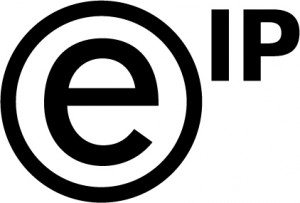Why did you choose a job in this profession?
When looking at my options, this profession very clearly stood out as a nice career combining my existing technical expertise with some new legal challenges. The technical subject matter is, by definition, brand new and this was also enticing.
What attracted you to your role?
The role at EIP was particularly attractive due to the fantastic reputation of the firm, especially the reputation for great training. Once I got to interview here, I knew the fit was great as I got on well with the people I met and felt the culture was relaxed and friendly – I felt at home instantly!
What are your main duties?
Each day, I work on various cases. These can be at various stages of the lifecycle of a patent application such as preparing the application, drafting, or corresponding with patent offices and foreign attorneys to get patent applications to grant (a process called “prosecution”).
Both drafting and prosecution involve communicating with clients and inventors over emails and on calls. I also engage in discussions with the senior attorneys responsible for the cases I am working on. Lots of my time is spent on independent work preparing and refining documents and arguments.
With the rest of my day, I complete administrative work. This may be keeping accurate and timely records or arranging billing on the cases I have worked on.
Last but not least, training is still a big part of my time. 2 years into the profession I still have a lot to learn.
Is it a 9-5 job?
It is mostly, yes. There is some expectation of working outside of the 9-5 in preparation for exams as, though some exam leave is given, the exams are very rigorous and require months of preparation. It is very rare that I need to work longer than the usual hours on a case, in my personal experience.
What skills are useful in this profession?
We all come into the profession as experts in a technical discipline with very little legal knowledge. I think the most important skill is to be willing and able to learn and be comfortable being a complete beginner once again. It can be discouraging but fear not – all patent attorneys know this feeling well and have gone through the same thing!
Do you have any advice for anyone wanting to enter the profession?
Take every opportunity you can to speak with people in the profession, at various levels, types of company (‘’private practice’’ and ‘’in house’’). Gain an understanding of how different firms operate, what kinds of clients they have, what work do they do most of, what is the culture like etc. and select where you wish to work based on that. These are great things to ask, or observe, in your interviews, too. Figure out where you can truly envisage yourself training and working for the next few years and beyond!






